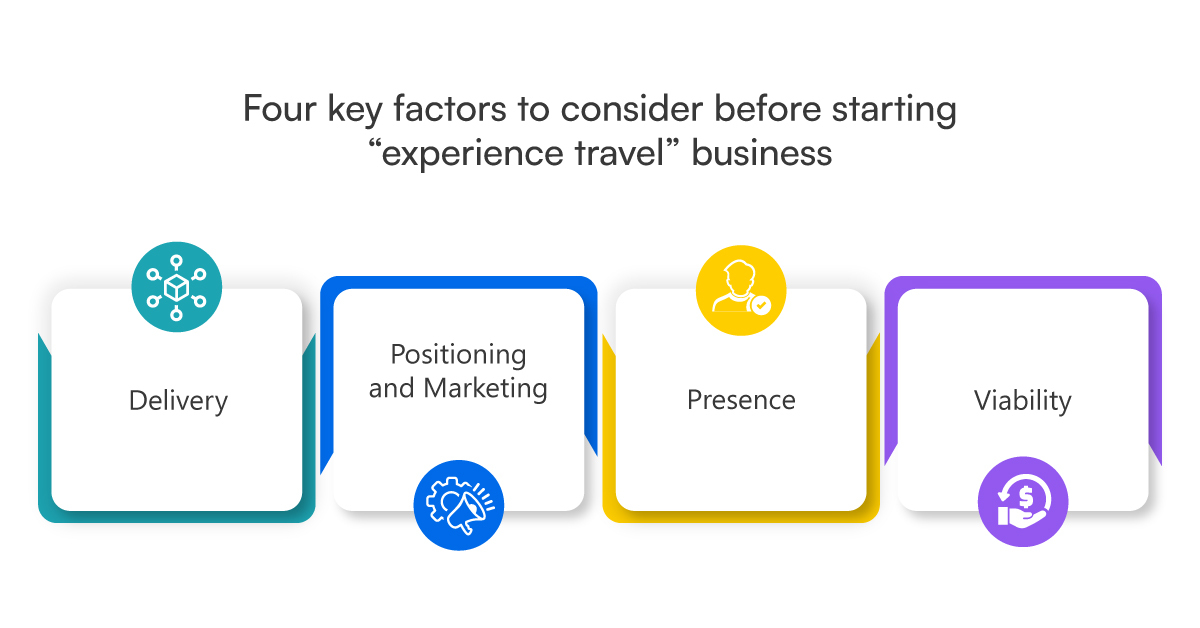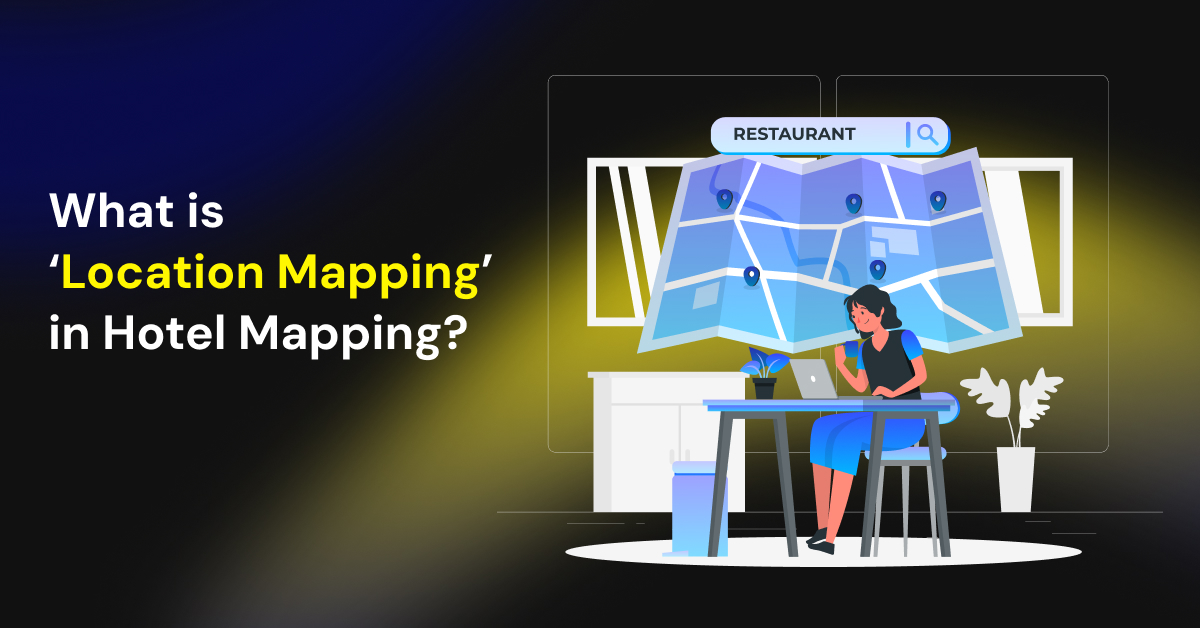As per a recent survey, millennials are about one-third of the world’s population, and when they travel, a whopping 86 percent travel for experience. As many as 60 percent of them consider the authentic culture of the destination as the essential constituent of their trip. It indicates evolving expectations of the travelers from the destination of travel. They want to go beyond guided tours and have experience-driven trips; that’s why there is an exponential rise in experiential travel.
What’s experiential travel? And its market size
Generally, the “authenticity in travel” is getting more critical. People no longer want to visit a place and spend all their time gazing over the structure of the property they are staying in; with every new destination they travel to, they look for a unique experience.
However, if you look for the term experiential travel, you will hardly find it in the travel market. Because the majority of the players in the travel industry package it as “adventure travel” or “experience travel.” Some luxury travel brands like Scott Dunn from the UK use and market the term experiential travel. Scott Dunn describes it as “Travel is by its very nature ‘experiential,’ but many of us now seek experiences that connect us to cultures and people in a more meaningful and enriching way. If you find yourself hankering for a more fulfilling travel experience that reinforces the things that make life worth living and is aligned to your personal values, you’re not alone”.
Hence, only a few players in the travel market are positioning and marketing “experiential travel,” while the market size is huge. Per Fatbit’s estimates, the segment will reach US$266.7 Trillion in value by 2027. The segment is expected to grow at a CAGR of 7.7 percent. So, it poses a tremendous opportunity for the players in the travel market to come up with more “experience travel” offers, position and advertise them to cash-in this opening.
Four key factors to consider before starting an “experience travel” business

Before you venture into the experiential travel segment, there are a few grounds you will have to cover. Here, we are detailing four crucial factors you should consider before starting an experience travel business.
1. Delivery
To manage efficient delivery, you have to organize your sources. You can assume you will operate in a market where the end consumers are highly aware of their choices. So, the delivery should be targeted and precise. You can achieve this by having a good mix of suppliers, partnering with resellers, and being available on all good marketplaces. Also, to boost personal sales deploy POS and channel manager.
2. Positioning and Marketing
The positioning of the offering will determine how you will fare in this segment in the long run. Identify your market, and you already have the story of “experience travel.” Yet, you must find a differentiator in terms of what you add to the story, work on your search engine optimization, leverage social media, and paid ads to position your offering. You will be good to go.
3. Presence
We mentioned SEO, Social, and Paid Media. All this will come into play and become a force when you are available on all possible online mediums. When we say all mediums, we mean don’t discount a channel, don’t assume you don’t need an IOS app. Test and scale your presence everywhere, from the web to mobile apps.
4. Viability
Experiential travel is directly related to localities and communities. Indeed, they will get incentives when you do business with particular communities and localities. But you have to keep sustainability at the top of the pyramid, keep your operations green, and maximize social benefits for people who are not directly involved in your business. Once you check these boxes, you can certainly build a viable and sustainable business on experiential travel.
Recommended: Is Bliesure The Future Of Business Travel?
In this piece, we detailed “how” many travelers are pivoting towards experience travel from conventional travel, the potential of the segment, and how you can introduce experiential travel on your platform with caution and efficiency, also for sustainability. The possibility of “experience travel” is there in numbers, and it could very well be the future of travel.








